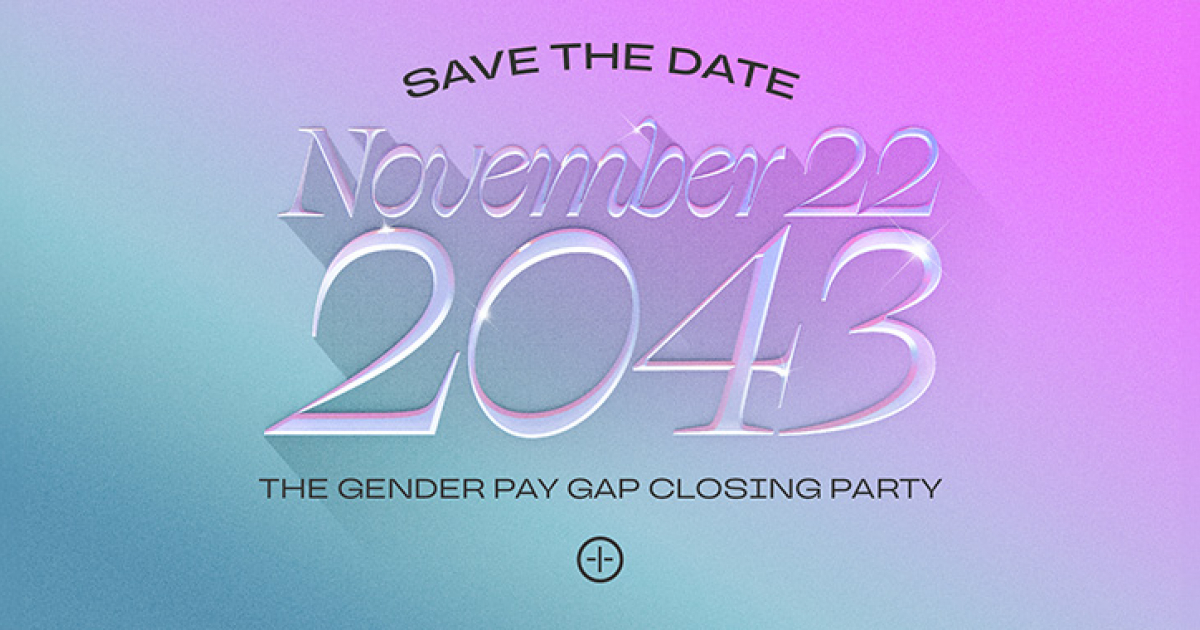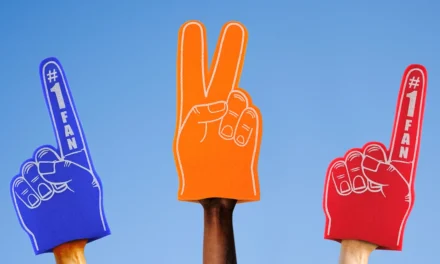
CPB London is inviting people to a glitzy pretend party to celebrate women finally being paid the same as men for equal work.
But there’s a catch: the event won’t take place for another 20 years (which on the plus side gives you a long time to choose your outfit). This represents the minimum amount of time it will take to close the gender pay gap in the UK, which stands at 10.7% currently, based on the rate of progress to date.
Inviting women and supportive men to RSVP to the not-upcoming event, thus signalling their frustration with the glacial pace of progress, the initiative launches on UK Equal Pay Day (22nd November). A day which is calculated annually by campaigning body, The Fawcett Society, Equal Pay Day is the date women in Britain effectively start working for free until year-end, courtesy of the gender pay gap. (To get involved in the campaign see the box out below.)
The date for Equal Pay Day in the UK has shifted over recent years, improving from 2018 when it fell on November 14th. “By our reckoning, and at that rate of progress, we’re looking at another 20 years for things to balance out. That’s a long stretch, and even then, there’s absolutely no guarantee we will actually close the gap, given its multiple interconnected and far-reaching root causes,” explained Helen James, CEO of CPB London and Co-Founder of Creative Equals / Business, a programme that supports women stepping into C-level leadership roles within the media and marketing industries.
The gender pay gap varies significantly between age groups (with data showing older women are disproportionately impacted), ethnicities (with black and minority women understood to be hit significantly harder) and industries. Sectors with gender pay gaps above the UK’s mean, full-time, hourly gender pay gap of 10.7% include Education (a gap of 11.8%), Advertising (17.3%) and Finance/Insurance (25.7%). In the creative industry, unequal pay disproportionately impacts Black women.
Empowerment fatigue
Recruitment company Major Players has long campaigned for salary equity, urging employers not to ask women to disclose their existing salaries when they are applying for a job.
According to Major Player’s 2023 salary survey in the creative industries, the gender pay gap has increased over the last 12 months. Black females continue to earn the least at £46,047, while white males earn the most at £64,560
Females earn on average £9,618 less than men in permanent roles. This represents a pay gap of 15.1%. A gender pay gap which is much more than the UK average of 9.4% reported by the Guardian. In freelance day rates, females earn £25 less a day than their male counterparts.




